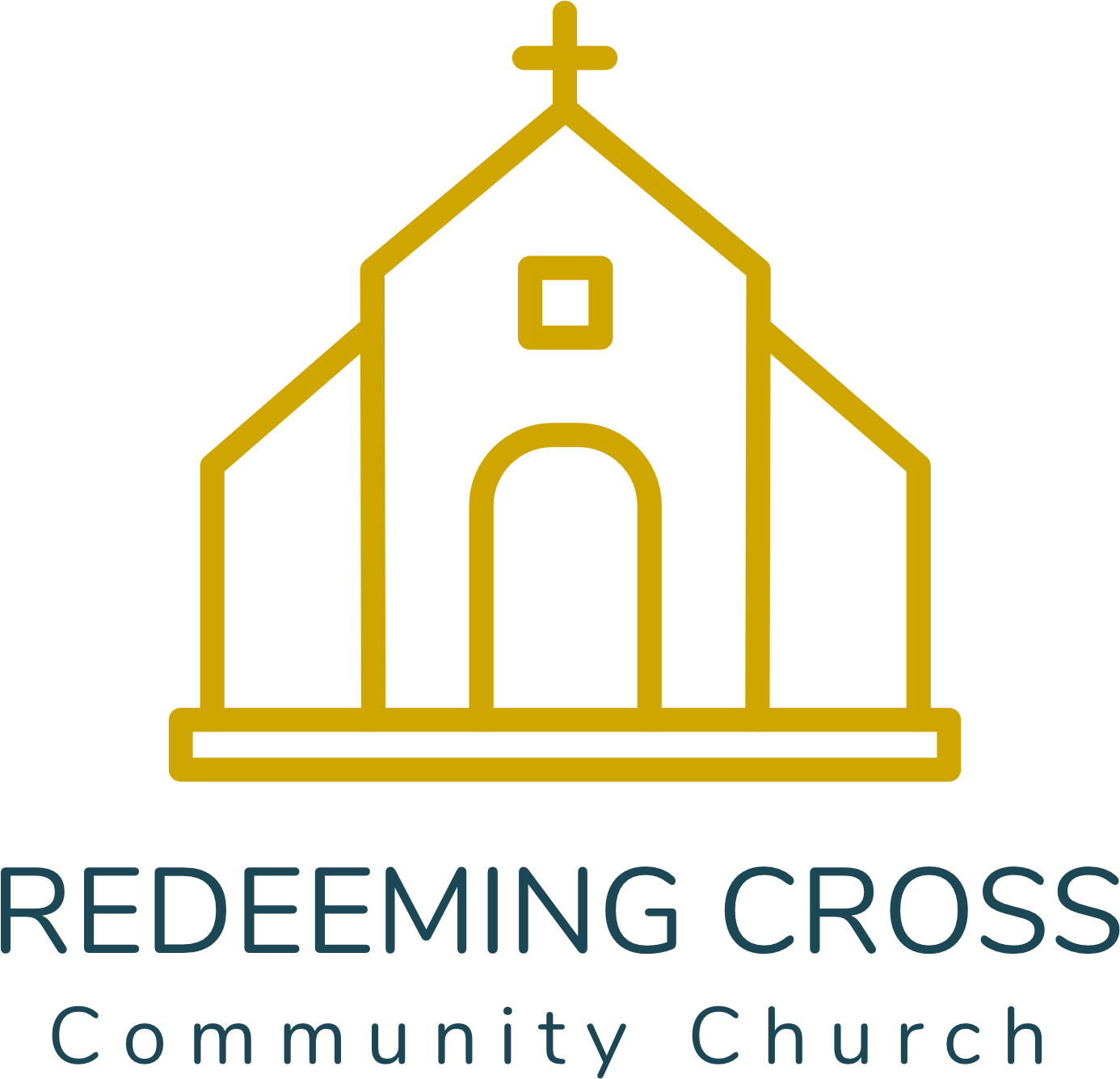What is the Reformed Doctrine of God?
Is there such a thing as the Reformed doctrine of God? Of course there is! And it’s the best one. The Reformed doctrine of God is the same doctrine of God that the church has always believed—or at least had always believed up to the time of the Protestant Reformation, and up until rather recently in fact. The Reformed doctrine of God is the Nicene doctrine of the Trinity as handed down to Christians of every generation from the Church Fathers. It is the Bible’s own doctrine of God.
What does it teach? Well, without any apology it immediately smacks us in the face with the reality that God is exceedingly mysterious and beyond human comprehension, because it teaches us that the one God eternally exists in three divine Persons. These Persons are co-equal in every way, except by mode of subsistence. What in the world does that mean? It means that the difference between the Persons (besides that they are differing Persons) is that the Father is the Father of the Son, the Son is the Son of the Father, and the Spirit is the Spirit of the Father and the Son. These three divine Persons are eternally co-equal in power, wisdom, love, and the whole array of divine attributes, including authority.
One of the many things this means is that the divine Person who took on human nature, who lived and walked and died among us, who carried our sins upon his shoulders, who rose from the dead, who ascended to heaven, who is coming back for us, with whom we shall spend eternity in physical communion—this One is not God-lite, a sort of mini-me of the Father. He is God the Son, and he is our elder Brother who brings us back to the Triune God.
